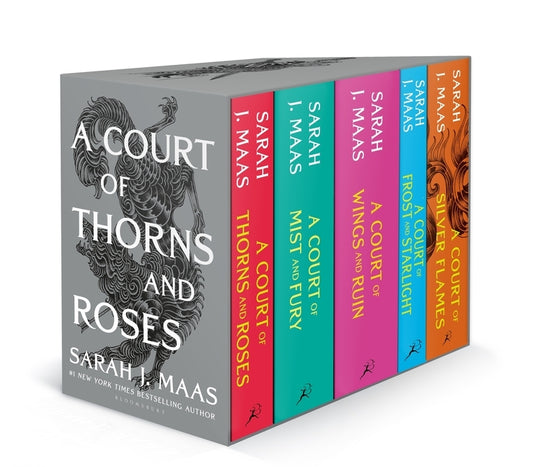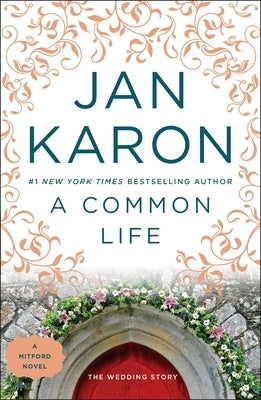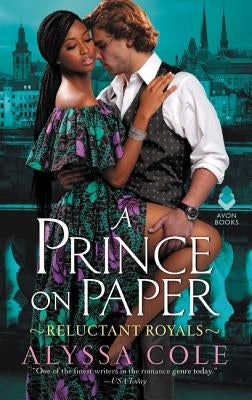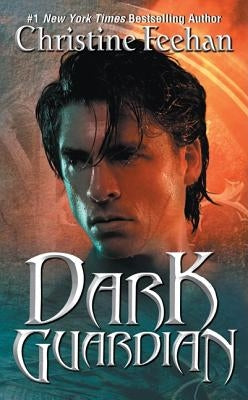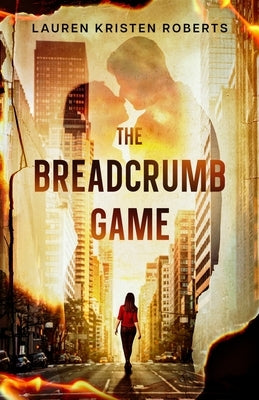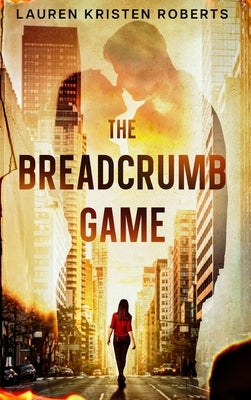A Court of Thorns and Roses Paperback Box Set (5 Books)
$68.99
$95.00
Peach Blossom Debt
$19.99
Acsquidentally in Love: Volume 1
$13.99
$14.99
Pride and Prejudice
$8.99
$10.24
The Sinner
$25.00
Singin' in the Rain (4K Ultra HD)
$27.99
$33.99
The Midnight Star
$12.99
Rounding the Mark
$22.00
No Judgments
$15.99
Crush the King
$19.99
A Prince on Paper
$7.99
Winning Miss Wakefield
$4.99
Eliza and Her Monsters
$11.99
The Bounty Hunters
$17.99
Heroes Are My Weakness
$7.99
Variant
$10.99
Phantom
$10.99
Born Under a Lucky Moon
$13.99
Underneath It All
$14.99
Golden Touch
$17.99
Seven Stories
$18.95
Alignment
$15.99
Vicious Society
$31.99
Sticks & Stones
$17.99
Devious Gods
$22.99
Shadows & Flame: Books 1-4
$37.95
Damaged Kingdom
$14.99
Big Bad Boss: Marked
$14.99
Flowers by the Sea
$18.00
She a Baddie
$10.99
Falling For Her
$17.99
3000 Miles
$14.99
A Secret Shared with Death
$18.99
Don't Call It Puppy Love
$16.49
Dark Halo
$16.99
Just a Little Promise
$14.99
The Breadcrumb Game
$15.99
The Breadcrumb Game
$24.99
Selah Gothic
$16.66
Vicious Souls
$13.40

